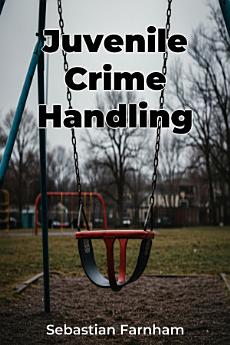Juvenile Crime Handling
About this ebook
Did you know that the juvenile justice system has evolved significantly over time, shaped by changing views on childhood and culpability? Or that rehabilitation programs can address underlying issues like substance abuse and mental health, factors that often contribute to delinquent behavior?
This book adopts a balanced approach, advocating for tailored interventions that acknowledge the developmental needs of adolescents while still ensuring accountability. Drawing on diverse fields like criminology, psychology, and sociology, it presents statistical data, case studies, and legal analysis to support its arguments. Beginning with core concepts like status offenses and legal rights, the book progresses through sections covering detention, rehabilitation, and comparisons between the juvenile and adult systems.
Ultimately, it argues for a system that prioritizes both public safety and the well-being of young people involved in juvenile crime.







